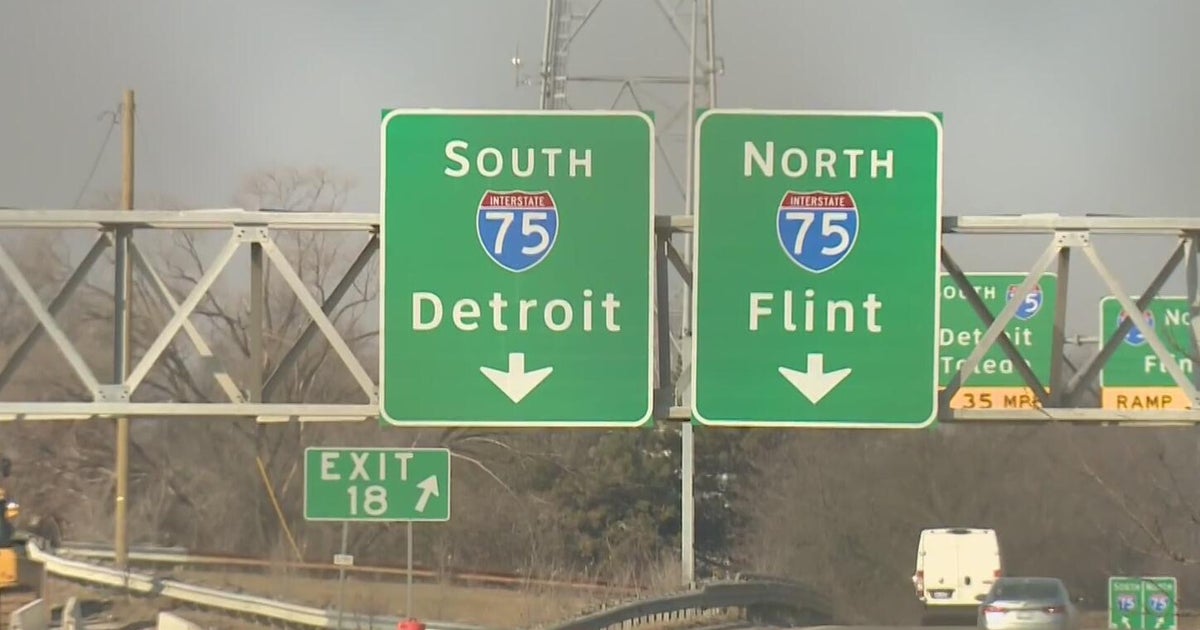Mid-Michigan Flooding The Environmental Impacts Are Unknown
Midland, MI - The devastating effects of flooding from the Edenville Dam levee break Wednesday, has caused the draining of Wixom Lake. This flooding impacted the Sanford Lake dam downstream, causing its levee to break. It is emptying currently, the result of all of this being flood damage from the Edenville area down to Midland. Including higher water levels in Saginaw and Bay City.
This is beginning to raise concerns about environmental impacts - from the debris and the force of water that washed away homes, but also because of existing environmental cleanup efforts that have been on-going.
Midland Michigan is the world headquarters to Dow Chemical Corporation, which has a large chemical plant on the banks of the Tittabawassee River, downriver of Edenville, and Sanford.
Dow Chemical has been in business since 1897 and is now a multi-billion dollar company with facilities in 30 countries. According to the Environmental Protection Agency (EPA), the Midland plant, over its 100 year-plus history made over 1,000 inorganic and organic chemicals. Dioxins and furans are byproducts from chlorine-based products produced there over its history and have was released into the Tittabawassee River. The Tittabawassee feeds the Saginaw River and, ultimately, empties into Lake Huron via Saginaw Bay.
Those dioxin discharges settled downstream along the banks of the Tittabawassee River for 50 miles. In 2019, Dow Chemical settled a $77 million dollar lawsuit with the State of Michigan and the Saginaw Chippewa Indian Tribe. The EPA designated this area downstream of the Dow Chemical plant a Superfund site. Cleanup efforts began in 2012, and are still ongoing in the Tri-City area.
Mid-Michigan hasn't seen a flood of this magnitude since 1986 when floodwaters caused Dow's waste-water system to empty into the Tittabawassee River. That flood threatened homes along the Tittabawassee and Saginaw Rivers as well. The Michigan National Guard was activated to help sandbag communities back then.
With these massive floods happening recently across Mid-Michigan again, it's unclear how these floodwaters will affect the Saginaw River basin. The EPA and the Michigan Department of Environment, Great lakes, and Energy (EGLE) is working to assess the situation. The Detroit Free Press reports that recent floodwaters did infiltrate Dow's containment ponds, but there are no reports of chemicals being released. Dow uses the ponds for stormwater, and a brine system that Dow says isn't creating any threats to the environment. Dow reported via Twitter that they are working with the Coast Guard to activate emergency plans.
Dow Chemical officials told the Detroit Free Press, "The material from the pond commingling with the floodwaters does not create any threat to residents or environmental damage. There have been no reported product releases."
However, given the history of pollution in those river systems, and environmental cleanup operations on-going, the question remains not only of dioxin levels along the banks, but deposits buried in layers of silt along the river bottom. According to an article written by the Midland Daily News in 2017, plans were being made to clean up parts of the Tittabawassee by breaking it up into seven zones as part of the EPA Superfund site. This not only included work along the river banks but also dredging operations in specific spots. Cleanup efforts along the Tittabawassee have been ongoing since 2012. Does the question remain: what have the floodwaters done to affect this watershed? An inquiry was made to EGLE, but haven't been returned at this time.
As of May 20th, the EPA, along with EGLE, is coordinating the cleanup efforts. Dow Chemical is required to assess if any recontamination has occurred and if completed cleanup remedies to-date have been damaged. The EPA is reporting that a flood in 2017 did minimal damage to the Superfund site, and Dow made the necessary repairs.
© 2020 CBS Broadcasting Inc. All Rights Reserved. This material may not be published, broadcast, rewritten, or redistributed. Information from the Detroit Free Press, Midland Daily News, the United States Environmental Protection Agency, Michigan Department of Environment, Great lakes, and Energy, and ChemicalCityPaper.com, contributed to this report.









